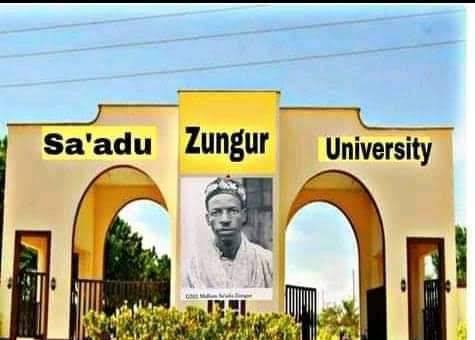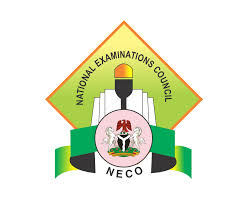The Centre for Law and Religion Studies at Sa’adu Zungur University (SAZU), formerly Bauchi State University Gadau (BASUG) has received a major boost with a funding from international organizations to the tune of $95,000 US Dollars.
The funding was made possible through a partnership between the university and some leading international organizations which aims to support the center’s mission of promoting scholarship and dialogue on issues related to law and religion.
Speaking about the new development yesterday, former Deputy Vice Chancellor (DVC) Academic of the University, Associate Professor Ahmed Salisu Garba, who is currently the acting Vice Chancellor, Al-Muhibbah Open University (AOU) Abuja, said the development is expected to significantly enhance the center’s research and educational efforts in the field of law and religion.
According to Professor Ahmed, “Sometime in August, 2023, the Center prepared and sent an application for grant to the Norwegian Center for Human Rights at the University of Oslo in Norway for an academic fellowship program to train academic staff on the teaching of law and religion in Nigerian Universities especially faculties of law.”
“Our Center defended the proposal in Norway at the University of Oslo sometime in November, 2023. Finally, our center was awarded a grant of about $60,000 to be spent in three years beginning from 2024, 2025 and 2026,” he added.
Under the grant, the center is to admit 15 academic staff from (BASUG), now Sa’adu Zungur University (SAZU), and other universities in Nigeria for the 2024 training. The University is to appoint five mentors within professorial cadre who have knowledge of law and religion studies through their writings.
In addition to that also, the University is to appoint five foreign experts on the programme, fellows will be engaged in 10 online meetings, followed by a face to face meeting for 4 nights. They will be given six months to produce original academic papers on topics related to law and religion studies to be published in reputable international journals.
The money is to be credited to the center’s domiciliary account under the care of Sa’adu Zungur University.
Another milestone worthy of mention as put forward by Professor Ahmed Salisu, is that the Center recently prepared and sent a proposal to the International Center for Law and Religion Studies at the Brigham Young University, USA to promote the teaching of law and religion studies in Nigeria.
According to Professor Ahmed Salisu, said, “Under the proposal, our Center will collaborate with the University of Ilorin, Al-Muhibbah Open University, Abuja and the Nigeria Institute of Advanced Legal Studies (NAILS).”
“Under this proposal we are to host 71 Deans of law of Nigerian Universities, the DG Nigeria Law School and his DIGs and 7 international experts from UK and USA in Abuja on the 14 and 15 August 2024.”
He added that, “Myself and Hajara Shuaibu of the Faculty of law defended the proposal in Zimbabwe recently at Victoria Falls during the 2024 international conference of the African Consortium for Law and Religion Studies (ACLARS).”
“Under this proposal, we got approval of $25,000 which will be credited to the center’s account anytime soon for the August , 2024 seminar.”
It did not stop at that, as the Current United Nations Rapporteur on Freedom of Religion and Belief, Professor Nazila Ghanea, of the university of Oxford, decided to forward an award of $10,000 she got from the Notre Dame University, Indiana USA to the Center for Law and Religion Studies at Sa’adu Zungur University.
This is to support students on freedom of religion related cases and to provide travel grant on freedom of religion meetings and to support the center’s operations associated with freedom of religion advocacy.
This money according to Professor Ahmed Salisu, is also to be channeled to the Center for Law and Religion Studies of Sa’adu Zungur University.
It is therefore not gain saying that the partnership between Sa’adu Zungur University and the international community is a testament to the growing recognition of the center’s important work.
It also highlights the need for continued support and investment in the study of law and religion in a country like Nigeria, where religious diversity is a significant aspect of its societal fabric.
As the center moves forward with its new funding, it is poised to make even more significant strides in promoting knowledge and understanding in this critical area of law.
This funding will undoubtedly go a long way in further solidifying its reputation as a leading institution for law and religion studies in Nigeria and beyond. END























![#Edodecides2024: Obaseki calls for calm, hints at legal action [VIDEO]](https://thediscovererng.com/wp-content/uploads/2024/09/download-6-3-120x86.jpeg)





